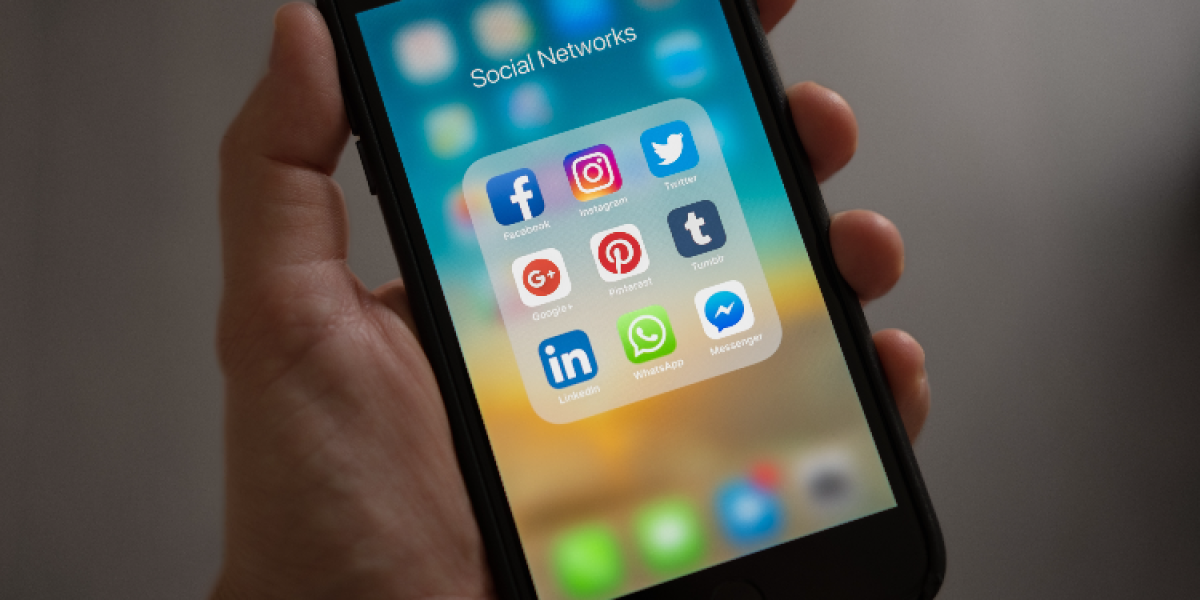
This week, Facebook announced that new stories will be restored on its platform following a ban last week for all its users in Australia. The Australian government, which was trying to make digital companies pay Australian publishers, finally came to an agreement with Facebook. But while Facebook took this step in its own interest, it's worth noting that along with other social media, it is restricted or banned in many countries.
What does this Facebook decision imply?
Since Wednesday last, Facebook users in Australia can no longer access to local and international news stories. This measure affects not only Australians but also expatriates living in the country, like Patrick, a Mauritian who has been in Australia for ten years. “We do have several radio and TV stations and channels as well as other online media. But Facebook is more accessible, especially when you have a busy schedule. I usually have a look at Facebook during my breaks or when I use public transport”. Still, he is subscribed to several news sites, including a few from his home country, which allows him to stay up-to-date and be notified by email when something is happening. Emma, a British expat in Australia, shares his opinion. “Facebook keeps me updated with what's happening in my country. I always kept an eye on what my friends and family are posting. Today, I have to search the news myself, and that's quite annoying and time-consuming, ”she says.
While Australia finally compromised with Facebook this week to restore news stories, other countries, on the other hand, have deliberately restricted or banned Facebook and other social media. Which are they, and what motivates them?
Internet shutdowns in Myanmar
We recently mentioned this in our article "Expats amidst the protests in Asia". On January 31, following a coup by military authorities, internet service providers in Myanmar received instructions for a general shutdown. This measure was intended to prevent the population, including expatriates, from commenting on the situation in the country. But this is not Myanmar's first attempt to block social media. This has already happened in 2007, then in 2019. It's worth noting that this country, with over 54 million inhabitants, had more than 22 million Facebook subscribers in January 2020. Some providers mainly blocked Facebook, and others also blocked Messenger, Whatsapp, and Instagram. Although the internet was restored, a sort of curfew has been set up in the past few weeks. People in Myanmar can only access social media at specific times, which undermines their right to information and communication.
Social media blockades: A repression tool in Asia
Internet shutdowns are used as a repression tool in many Asian countries, including India, on January 31. Several areas around New Delhi, namely, Singhu, Ghazipur and Tikri borders, were deprived of social media for several days following the farmers' protest. But this is not India's first attempt to block access to information and communication. From January 2012 to March 2020, 385 internet shutdowns in total had been reported. The highest number of shutdowns happened in 2018, with 134 blockades, followed by 106 in 2019 and 83 in 2020. Last week, India also warned Twitter which refused to block certain accounts upon the government's request. No wonder why the country is declining year after year in global freedom of expression and information rankings. In 2020, India came out 142nd out of 180 countries around the world for freedom of the press according to Reporters Without Borders.
On several occasions, Thailand also ordered internet shutdowns, most notably in 2020, following a wave of protests. Aside from independent media websites, social media, including Facebook, Twitter and Telegram, faced a temporary shutdown. Google was compelled to block content that went against the Thai monarchy. As if that wasn't enough, a number of social media users faced penalties for sharing information about the COVID-19 crisis and government actions. According to DataReportal, Thailand has a 75% internet penetration, which apparently made it easier for pro-democracy movements to communicate and organise through social media.
Social media bans in China
When settling in China, foreigners should be prepared to bid farewell to their usual social media. Facebook, Twitter, YouTube, as well as Google and WhatsApp, are banned in China. However, some have found a solution to access these websites illegally by using a VPN on their devices. Still, China offers a range of social media apps such as WeChat, which is the Chinese version of WhatsApp; Weibo, which is similar to Twitter; and Douyin, the Chinese version of world-famous TikTok. China banned Facebook in 2009 after a group of activists used it to share information against the Chinese president. Despite the numerous official visits f Facebook founder Mark Zuckerberg to China, nothing has changed so far.
Some sixty countries around the world have blocked social media
Aside from China, North Korea, Turkmenistan, and Iran have blocked social media access for the past year. Moreover, according to a study by SurfShark, some sixty countries have used internet blockades as a repression tool over the past 5 years. On January 23, for instance, Russia ordered a social media blockade following anti-Kremlin protests. On January 12, Uganda banned social media in light of the elections. In Tanzania, social media and other online communication platforms were shut down on the eve of the general elections on October 27, 2020. Cuba and Azerbaijan have taken similar measures due to civil strife and protests in 2020.



















